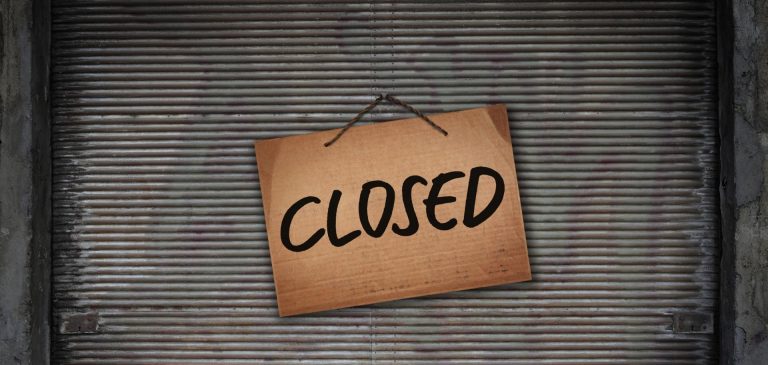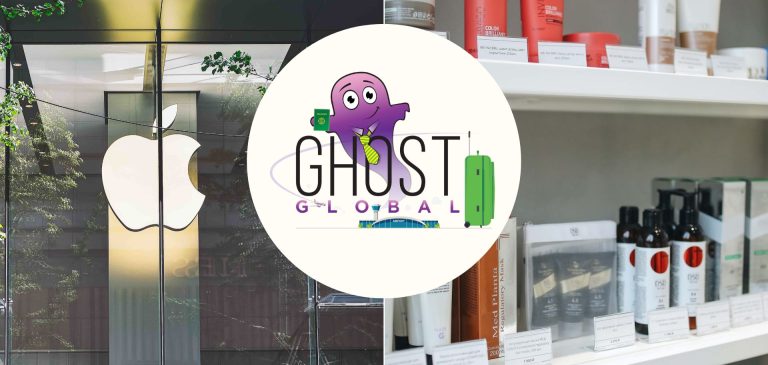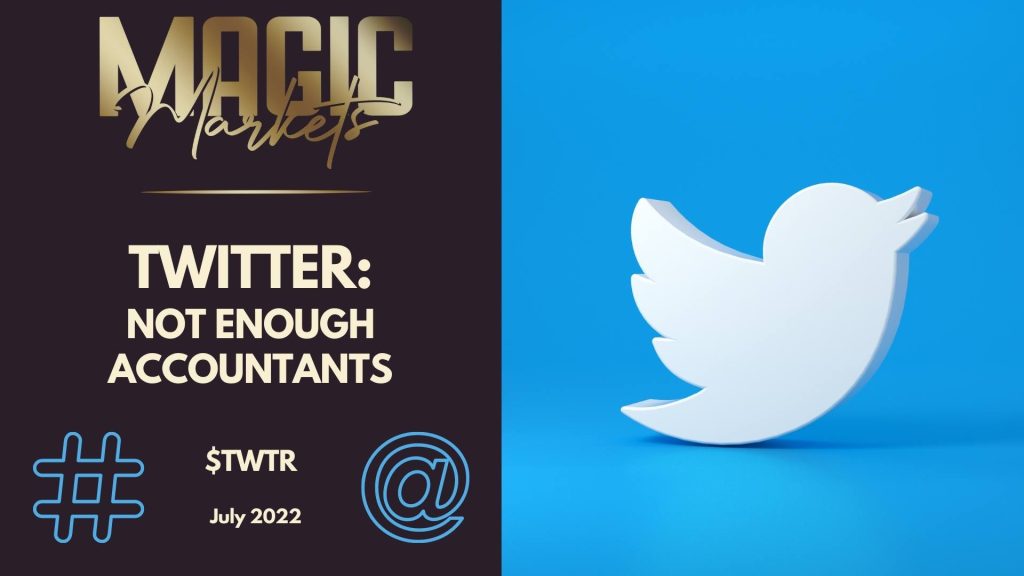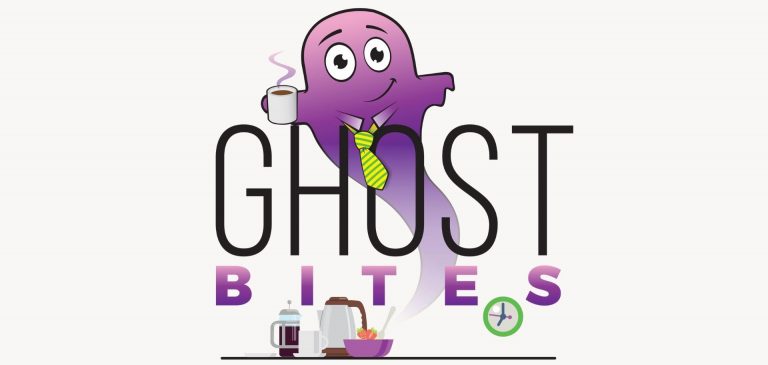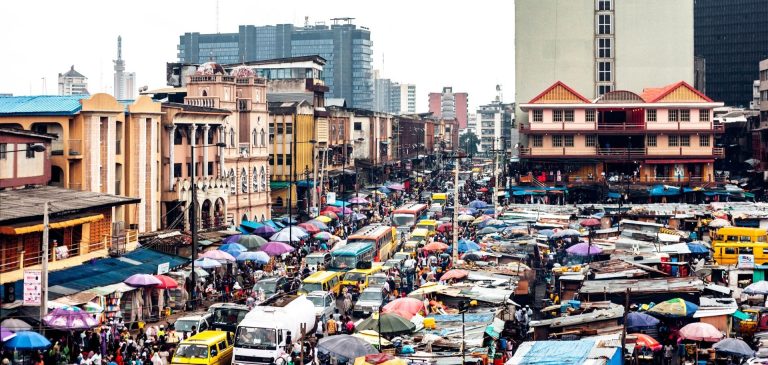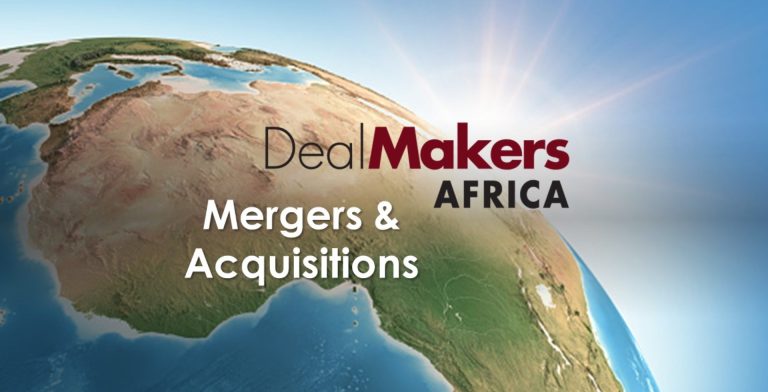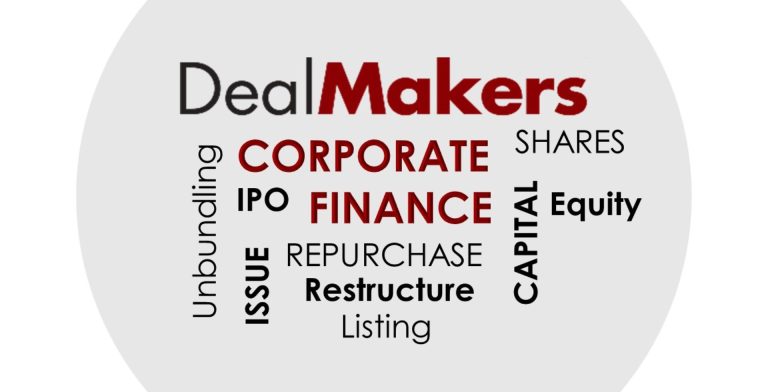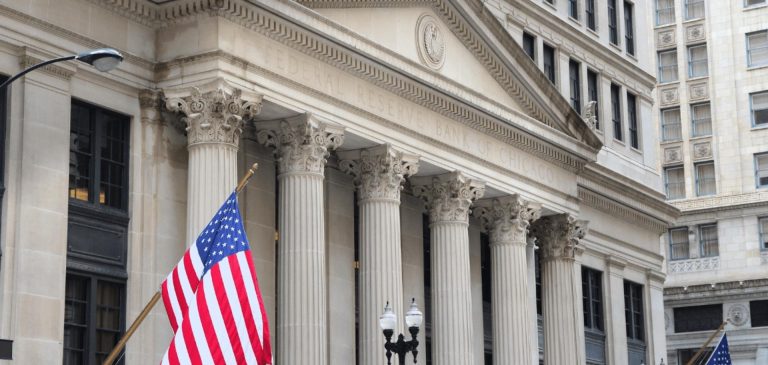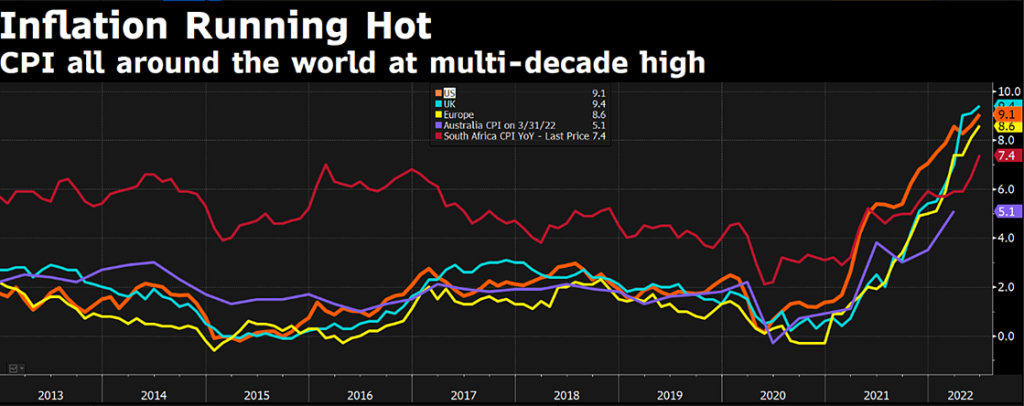In part 1 of this series, Chris Gilmour focused on the positives and negatives of the continent that has hurt many corporates in their pursuit of growth. In part 2, Gilmour gives us a history lesson on the continent, an overview of foreign direct investment and his views on the risks of Africa’s relationship with China
Globalisation really took off properly when the US started getting in on the act in the late 1980s / early 1990s. It coincided with the eradication of communism, a prerequisite for globalisation. Until then, the world was effectively divided in two from an economic perspective – on one hand the US and its allies with Pax Americana and on the other the Soviet bloc and its surrogates.
A quick history lesson
The US had a certain influence in Africa, though it tended to be done covertly. So, for example, it backed apartheid South Africa until the late 1980s when it eventually promulgated the Comprehensive Anti-Apartheid Act. But it also installed its own, usually despotic surrogates in countries like Zaire (now the DRC) with Mobutu Sese Seko, having previously connived with Belgium to depose the legitimately-elected Patrice Lumumba.
The Soviets were far more open about their alliances, though they often used other allies to do their dirty work in Africa. They used East Germans and Cubans in Angola but were far more direct in their support of Samora Machel in Mozambique. The Soviet Union was interested in Africa from the perspective of furthering the aims of international socialism/communism. They certainly weren’t interested in African metals and minerals, as they had plenty back home. However, they were very good at depleting the fishing beds off the Mozambican coast for example.
The former colonial powers – Britain, Belgium, France, Portugal and Germany – had lost their influence long before the advent of globalisation. The Belgians and the French left their colonies in a pretty sorry state, even uprooting the telegraph poles when they left and taking them back home. Political structures were virtually non-existent and “controlled anarchy” prevailed in most of their ex-colonies.
Portugal’s colonies – Angola and Mozambique – were left to their own devices in the mid-1970s after the fall of Salazar and Caetano in Portugal. Both countries suffered badly in vicious civil wars.
Germany had two colonies – South West Africa (now Namibia) and Tanganyika (now Tanzania) – but had them confiscated by the League of Nations post World War 1. It is interesting to note the very strong German influence in Namibia, even today.
Only Britain left its former colonies – Northern and Southern Rhodesia (now Zambia and Zimbabwe respectively), Kenya, Botswana, Lesotho, Ghana and Nigeria mainly – in reasonable shape. It installed a decent legal, education and political structure in these countries and made dignified exits from all of them, starting with Ghana in 1957. Of course, African nationalists would argue that this wasn’t done for any philanthropic reasons but merely to ensure that British ex-pats had a good life in the ”colonies”.
The joker in the pack, not just today but since the late 1970s, has been the arrival of the Chinese in Africa. China has been active on the continent in many countries but has vastly increased its presence in recent times. Its insatiable demand for commodities is the main reason for its presence. But whereas Chinese involvement was part of fraternal socialism in the 1960s and 70s, these days the Chinese are looking for and receiving a tangible return on their investments in Africa. There’s no such thing as a free lunch any more. The Belt and Road initiative spawned by current Chinese leader Xi Jinping back in 2014 has had limited success so far in Africa.
The Russians have long gone, as have the Cubans and the East Germans. American influence has all but disappeared as a new order has flexed its muscle in South Africa. But China’s influence is growing dramatically.
The jokers in the pack
Chinese goods are found all over the continent, as are Chinese companies. The Chinese government has only been too willing to advance multi-billion dollar loans to various African governments, with few political but many economic ties attached. So, for example, China is only too happy to construct airports and other essential infrastructure in countries such as Zambia. When the Zambians start crying because they can’t pay, the Chinese just keep the assets.
China sees Africa as being a large quarry and has established good relationships with governments and other institutions in order to be able to continue extracting metals and minerals from the earth.
The other joker in the pack, of course, is South Africa. It is the powerhouse of the continent, providing about 30% of the continent’s GDP. Its stock exchange is about 3 times the size of the rest of the continent’s stock exchanges combined. Eskom, the state-owned electricity utility, produces about 60% of the continent’s electricity, although that differential is rapidly being eroded as Eskom suffers from a continuing inability to supply continuous power.
And yet, when it comes to decision-making at bodies like the African Union (AU), South Africa’s voice is hardly heard or heeded. The main reason for this is that the rest of Africa still views South Africa with a degree of suspicion. Many countries still see it as being largely a white-owned economy (which it undoubtedly is) and thus lacking in “African” credentials.
Foreign direct investment (or lack thereof)
And when it comes to inward foreign investment, South Africa is far behind the curve compared with many other African countries. An argument can be made that Broad-Based Black Economic Empowerment (B-BBEE) is a deterrent to foreign direct investment (FDI), as it creates a complex regulatory environment and the need for in-country shareholders, a concept that many multinational companies aren’t comfortable with. Although the legislation has tried to address this issue, the facts remain that South Africa has attracted lots of portfolio investment but little in the way of true “bricks and mortar” FDI. Portfolio investment is highly capricious and the taps can be turned off at any time.
Countries like Angola have attracted lots of genuine FDI in recent years, mainly directed towards the oil industry. Until recently, Angola received huge amounts of money from China but with the change of government about five years ago, that has all changed and relations have soured. The number of Chinese in Angola has plummeted from 300 000 to about 50 000. And Mozambique had also attracted a lot of FDI, ironically from South African companies looking for investment opportunities. However, the appetite for Mozambican investment is waning with the emergence of ISIS forces in that country.
It’s interesting to note the relative lack of success that many multinationals have had in South Africa. Take McDonald’s for example. It can usually be used as a proxy for globalisation success in most parts of the world. For example, travelling around the lovely old town of Krakow in Poland in an open horse carriage, one turns the corner and is confronted by the dreadful golden arches of McDonald’s. It shows the extent to which globalisation has commoditised so many facets of life in such a remarkably short space of time.
But in SA, the number of McDonald’s restaurants is nowhere near the size of the local Famous Brands’ outlets or even KFC for that matter. Because of apartheid, local firms weren’t able to invest offshore and so the country embarked upon a widespread program of inward industrialisation. Intuitively, this should have been an inefficient process but in fact the opposite was true. When apartheid was dismantled, these companies were able to invest offshore and were remarkably successful.
And companies like McDonald’s were confronted by fast food companies that beat them at their own game. Not only were they able to compete on a level playing field but their products had taste, unlike McDonald’s commoditised merchandise.
In fact, all over Africa, one struggles to find examples of US globalisation. Financial institutions tend to be either British or South African. Brewers are French (Castel), Dutch (Heineken) or Brazilian/Belgian (AB Inbev). Construction companies are either South African or Chinese, while steel makers are Indian. A few US multinationals like 3M and Halliburton exist in Africa but their focus is once again on oil, as in Angola for example.
Can the shackles be broken?
But what has been the impact on the lives on ordinary Africans? Generally speaking it’s improving, albeit from an exceptionally low base. The Gini coefficient of most African countries (which measures the disparity between rich and poor) is not that great. However, in South Africa, it is one of the highest in the world. This is because the impact of high economic growth hasn’t really been felt by the great mass of the population and unemployment remains stubbornly high. Like eastern Europe, China and India, South Africa has more than its fair share of “oligarchs” – people who have benefited disproportionately from the effects of globalisation.
Corruption on the continent of Africa is rife, probably more so than in any other continent. It is this factor, combined with an archaic obedience to giving fealty to authority, that has hobbled the continent, or as Robert Guest puts it so eloquently “the Shackled Continent”.
Africa will only be able to break free from these shackles by having decades of sustained and robust economic growth. Hopefully it will be allowed to, but there is the omnipresent threat that the Chinese, who have demonstrated such a blatant disregard for human rights in their own country, will be tempted to do the same in Africa.
The danger is that the Chinese will colonise Africa economically, using bribery and corruption to get despotic governments on side, in an attempt to ensure supplies of commodities to fuel its insatiable economic boom. In other words, Africa may become the fodder for China’s imperialistic ambitions.
One possible ray of light is the African Continental Free Trade Area (AfCFTA). Modelled very loosely on the European Free Trade Association (EFTA), this has the potential to liberate Africa from a lot of the bureaucratic nonsense that currently pervades the continent. Offering the four freedoms of capital, people, goods and services, the implementation of AfCFTA should help to alleviate poverty and free up the continent at long last. It has only really been in existence since 2019 and the coronavirus pandemic didn’t help its genesis. Regional organisations such as ECOWAS have been relatively impotent as far as improving bureaucracy are concerned and the African Union (AU) is a talk-shop. The Chinese recently built new headquarters for the AU in Addis Ababa at a cost of $200 million and the new ECOWAS head office in Abuja for $31 million, so the precedents are not good.
Hopefully, AfCTFA will manage to steer clear of accepting Chinese largesse and be the exception that proves the rule.
This article represents the views and opinions of Chris Gilmour as an independent writer.

